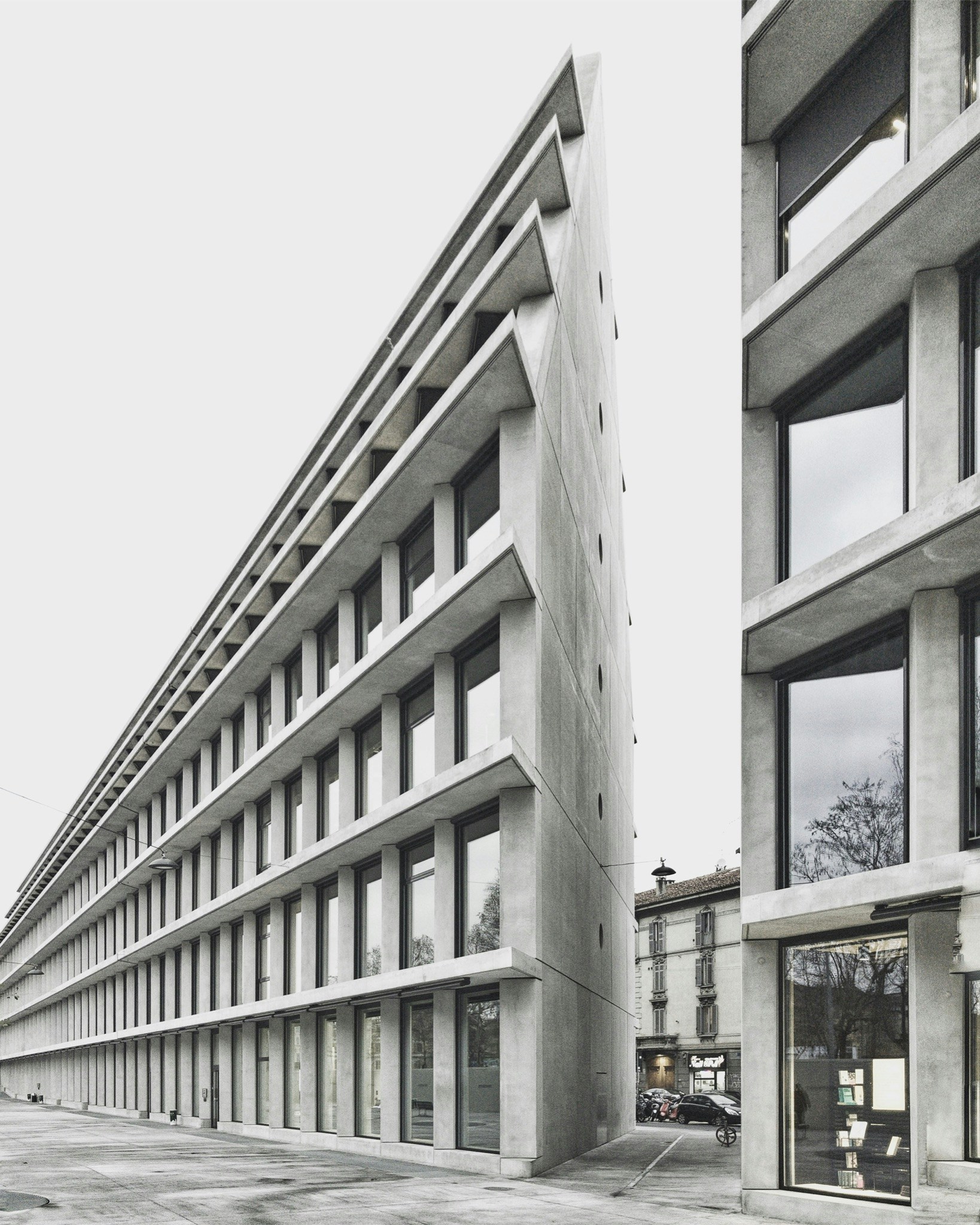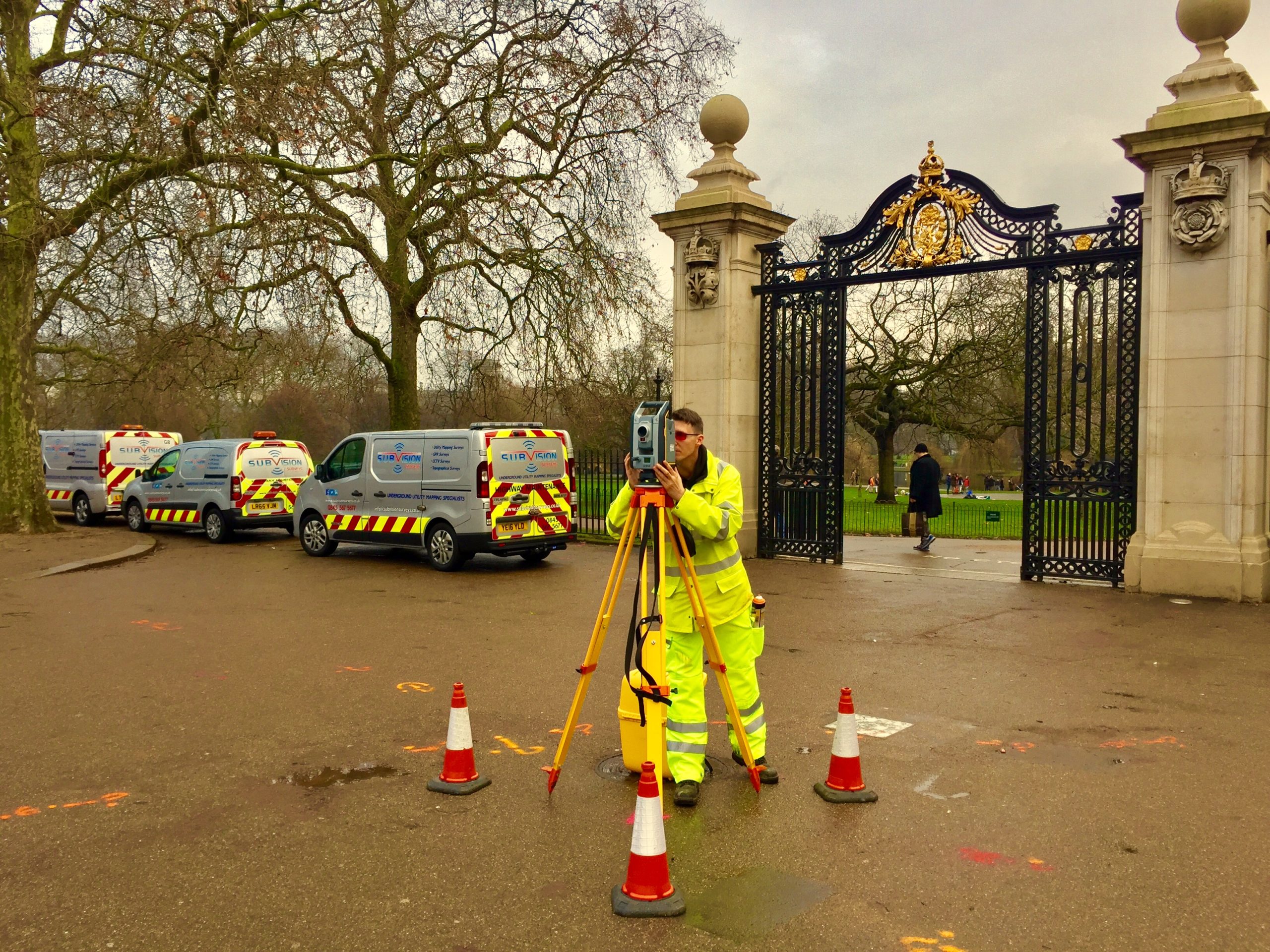What Is Rebar Mapping?
Rebar mapping is the process of detecting and charting the exact layout of steel reinforcement within concrete using non-destructive technology. Typically carried out using ground-penetrating radar (GPR) or electromagnetic scanners, it shows the spacing, depth and direction of rebar embedded in slabs, columns and beams.
This method is especially useful during design changes, structural upgrades or quality control inspections. It is commonly required before any core drilling, cutting or mechanical work is carried out.
Why Is Rebar Mapping Important?
Planning Safer Modifications
Damaging rebar can compromise the structural integrity of a building. Whether you’re altering a floor slab in Chelmsford or drilling through a beam in Colchester, knowing exactly where rebar is located helps avoid mistakes that could affect safety or performance.
Improving Build Accuracy
Rebar mapping gives architects, engineers and contractors a clear understanding of the existing structure. This allows for better planning of services, fixtures and future extensions, ensuring compatibility with the reinforcement layout.
Avoiding Costly Mistakes
Cutting into reinforcement by mistake can delay the project and lead to expensive repairs. By carrying out a rebar scan in advance, you reduce the risk of rework and unexpected issues during construction.
Supporting Compliance and Quality Control
Rebar mapping is often required as part of construction quality checks or compliance with building regulations. A professional scan provides a detailed visual record that can be submitted as part of your project documentation.
Where Is Rebar Mapping Used?
Rebar mapping has a wide range of applications, including:
- New Builds – to confirm reinforcement placement before concrete is poured
- Renovations – when making structural changes to existing buildings
- Drilling and Cutting Projects – to safely avoid hitting rebar
- Heritage Sites – for non-invasive structural inspections
- Commercial Developments – to assist with layout planning and installations
What Affects the Accuracy of Rebar Mapping?
Depth of Reinforcement
Most mapping technology can detect rebar accurately up to a certain depth. The deeper the rebar, the more challenging it becomes to map with precision, especially in heavily reinforced slabs.
Concrete Composition
The density and moisture content of the concrete can impact scan quality. Structures in older buildings, such as those found in Maldon or Braintree, may require more experienced technicians to interpret results correctly.
Equipment and Expertise
Using high-quality scanning tools is one part of the process, but having a skilled operator makes all the difference. Trained professionals understand how to filter through interference and ensure accurate mapping.
Benefits of Professional Rebar Mapping Services
Working with a specialist team ensures that your rebar mapping is carried out properly, giving you clear, reliable data from the start.
- Precise Detection – identify rebar depth, spacing and orientation with accuracy
- Non-Invasive Process – no damage to the concrete surface
- Improved Planning – supports the design and layout of services and fixtures
- Regulatory Compliance – meet industry standards and avoid project delays
- Detailed Reporting – receive full documentation for future reference or approval
Conclusion
Rebar mapping gives you the confidence to move forward with your project, knowing exactly what lies within your concrete. Whether you’re working on a refurbishment in Southend or preparing a commercial site in Harlow, mapping your reinforcement layout helps you build smarter, safer and more efficiently.
For peace of mind and better results, rebar mapping should always be part of your construction plan.
Our Location



